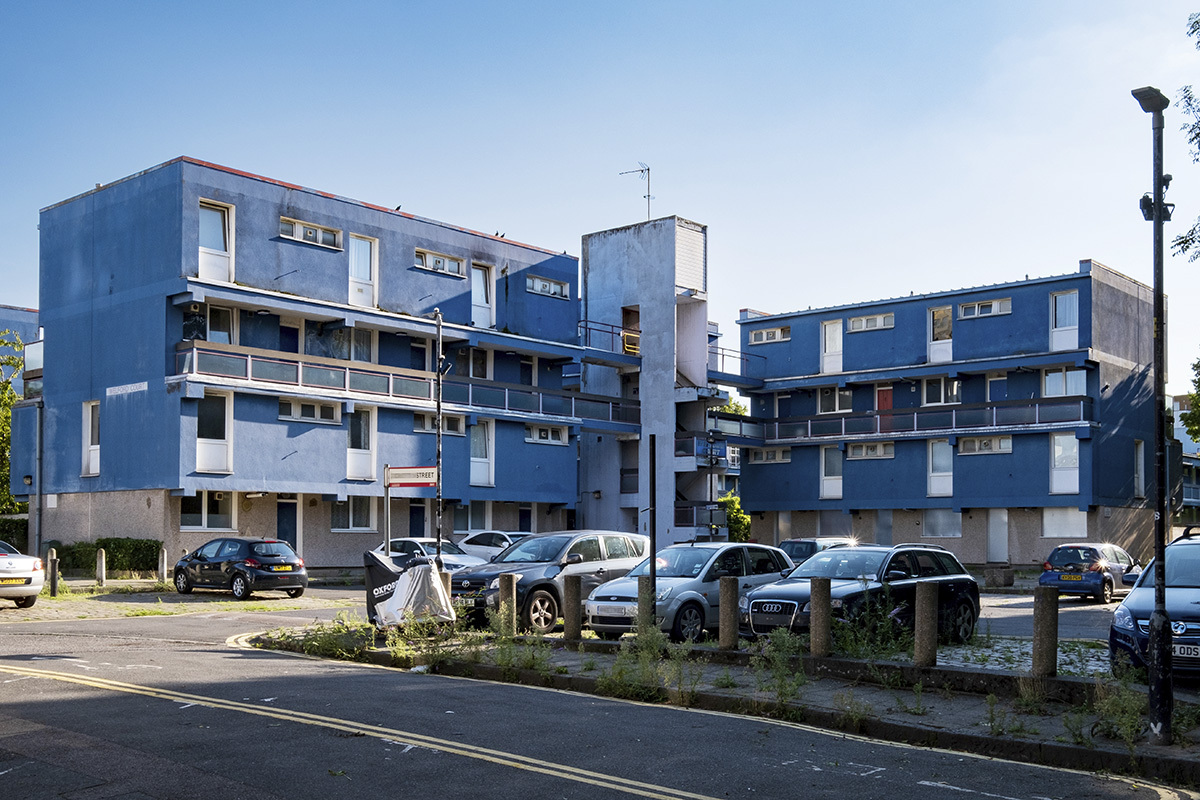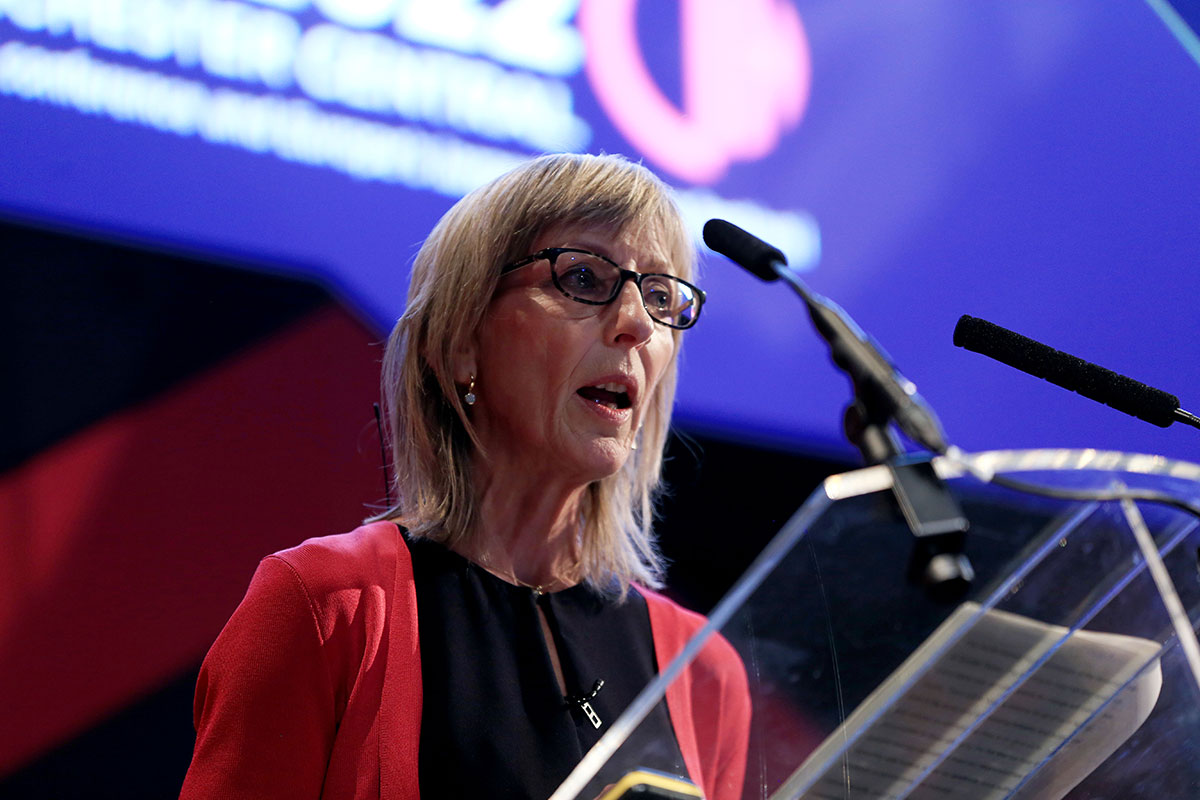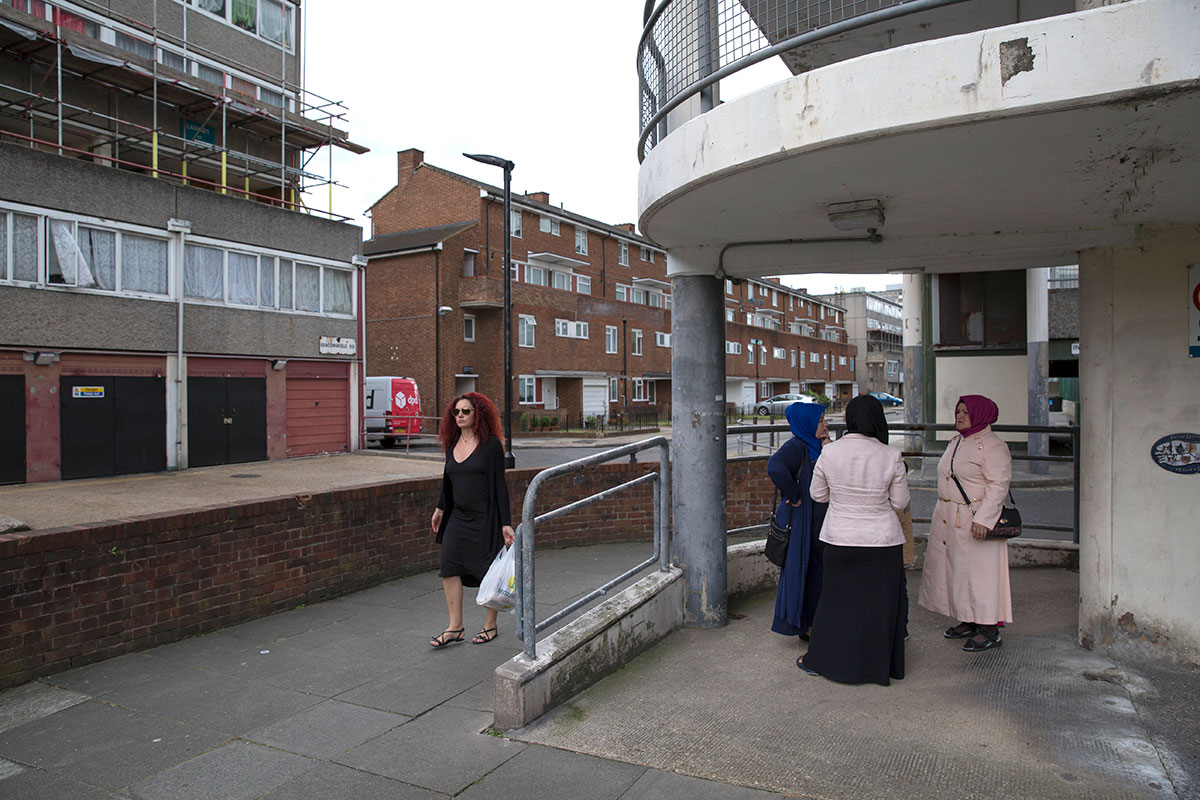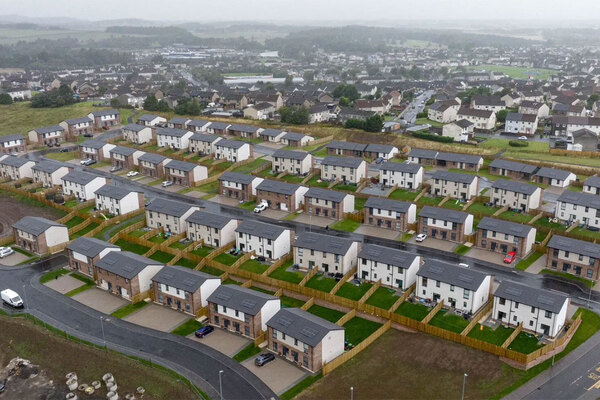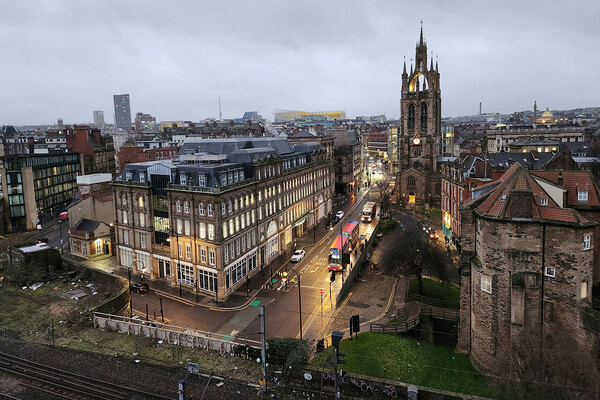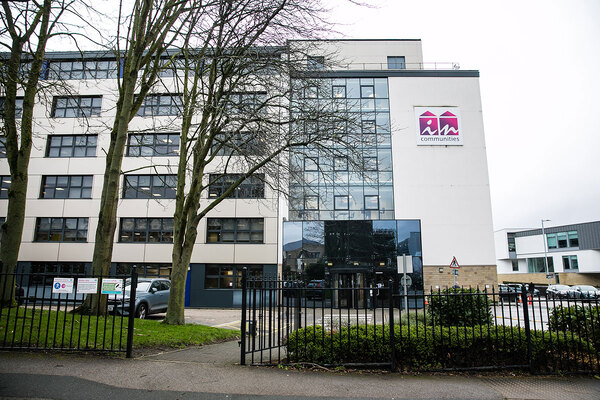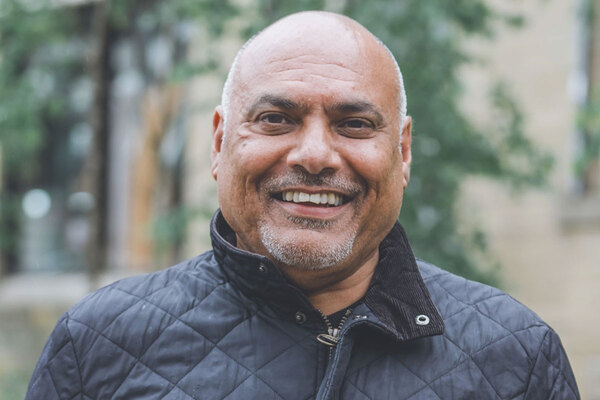You are viewing 1 of your 1 free articles
Government removes ‘democratic filter’ to speed up Housing Ombudsman complaints
The government has brought in new legislation, with a longstanding filter removed, which will make it quicker and easier for social housing tenants to complain about their landlord’s poor performance to the Housing Ombudsman.
As part of changes to the Building Safety Act, the ‘democratic filter’ will be removed, which will enable tenants to raise a complaint with the ombudsman immediately after they have exhausted their landlord’s complaints process.
The democratic filter required tenants to contact an MP, local councillor or tenant panel before raising an issue with the Housing Ombudsman, or alternatively wait eight weeks if they had exhausted all options available through their landlord’s complaints process.
The filter was officially scrapped on Saturday (1 October) as part of the post-Grenfell changes aimed at empowering residents and making it easier for them to get issues with housing conditions resolved.
Plans to remove the democratic filter were first put forward in July 2020 as part of the proposals in the draft Building Safety Bill. It came after calls from the Housing Ombudsman itself to remove it and allow faster redress against under-performing landlords.
The ombudsman also said in its submission to the government that the democratic filter added to the stigmatisation of social housing residents, with nearly every other sector with an ombudsman not requiring such a filter.
This came after more than 93% of tenants making complaints to the ombudsman had to wait more than eight weeks before being able to raise an issue. This, the ombudsman said, created additional stress for mistreated tenants.
The removal of the democratic filter is part of a raft of policies aimed at reforming the social housing sector and to give tenants more options to challenge landlords’ poor practice. This was prompted by the Grenfell Tower fire, which killed 72 people in 2017.
The fire exposed a system where residents were ignored by their landlord, Kensington and Chelsea Tenant Management Organisation, despite repeatedly raising concerns about fire safety in the lead-up to the tragedy.
In addition to the removal of the filter, the role of the English regulator will now be expanded so that it can assess social housing providers on consumer standards, such as repairs performance, complaints-handling and health and safety performance.
This will be done through what the government has called “Ofted-style” inspections, with landlords being given only 48-hour warnings before an inspection will take place.
If the Regulator of Social Housing finds that the standard of a home is putting tenants lives at risk, it will be able to order emergency repairs, with landlords footing the bill.
Unlimited fines will be levied at housing associations and councils that are found to be persistently under-performing.
Sign up for our regulation and legal newsletter
Already have an account? Click here to manage your newsletters
Sign up to the Tenant and Resident Engagement Conference
Join us at this leading one-day event designed to help landlords and tenants achieve meaningful engagement following the Social Housing White Paper sector reforms, covering culture change, co-production and how to engage tenants on climate change, building safety, disrepair and more.
There is a free tenant place for every delegate pass booked by a landlord.
To view the agenda and book your delegate pass, click here.
